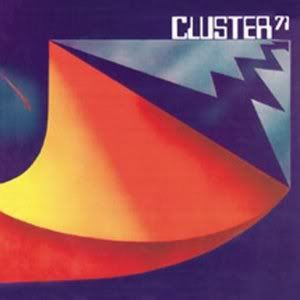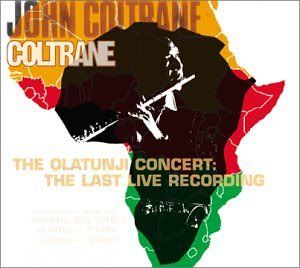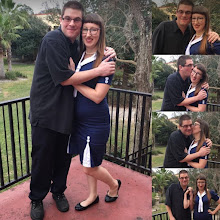
Also referred to as simply CLUSTER; the Bureau B reissue uses this title, while the Water reissue and others use CLUSTER 71
Philips, 1971; reissued several times, most recently by Water and Bureau B; available
3 tracks, 44:29
The duo of Hans-Joachim Roedelius and Dieter Moebius probably need no introduction. Having started out in Kluster with legendary sound sculptor Conrad Schnitzler* and equally legendary producer/audio manipulator Conny Plank, they continued on as Cluster with a C. While they would eventually explore all manner of electronic music (including albums with Brian Eno and Harmonia, a collaboration with Neu!'s Michael Rother), their debut finds them in a distinctly cosmic drone space. The tracks are titled "15:33", "7:38", and "21:17". Needless to say, this is also their respective lengths! The really neat thing is, much like Klaus Schulze's IRRLICHT, not a single synth was used on this album. Instead, Roedelius and Moebius create their fascinating bleeps and drones using organs, tone generators, Hawaiian slide guitars, cellos, found objects such as alarm clocks, and various effects pedals. Alternately forboding and relaxing, this is true space music that doesn't stay in one place for long while also not devolving into a noisy free-for-all (not that there's anything wrong with noisy free-for-alls!). These tracks were apparently improvised, but they have noticeable patterns and progressions that make for an engaing listen. Part of this is due to Conny Plank's production, which manipulates the sounds in real time. Plank was essentially the third member for this album. I personally consider this the essential Cluster purchase. Their later albums tend to be a bit different; CLUSTER II is the closest in spirit to 71, even though its use of synths makes for a notably different sound. Other albums can be anything from electro-dub to Kraftwerky synthpop. Also recommended is the previously mentioned Harmonia.
*Check back soon for a review of the three-disc box set, containing Kluster's KLOPFZEICHEN, ZWEI-OSTEREI, and ERUPTION!

